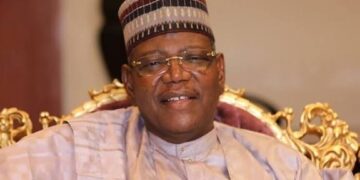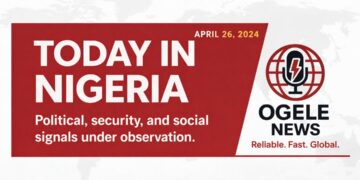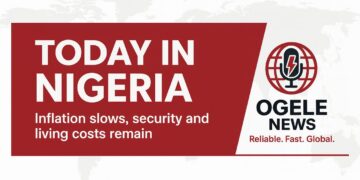The Student Loan Act was initiated by Femi Gbajabiamila, the outgoing Speaker of the 9th House of Representatives. It received legislative approval in the final days of May 2023.
In the previous year, during November 2022, Gbajabiamila called on the Education Bank to issue zero-interest loans to tertiary students to enhance affordability and accessibility to higher education.
His call came during his 52nd convocation speech at the University of Lagos. He addressed the theme, “Building Back Better: Creating a New Framework for Tertiary Education in Nigeria in the Twenty-First Century.” During his speech, he declared his endorsement of a bill he was championing in the National Assembly, titled Student Loans (Access to Higher Education Bill).
As a politician and legislator, Gbajabiamila expressed that a recurring plea he often encountered was for funding towards tertiary education, a lack of which could potentially hamper the future of gifted students.
According to him, “The bill is designed to offer students zero-interest loans.”
With the House’s approval and President Tinubu’s assent, here are seven key aspects of the Student Loan Act:
- The act sets up the Nigerian Education Bank. This institution will be in charge of managing, overseeing, administering, and keeping track of student loans in Nigeria.
- Candidates will undergo a verification process to ascertain their eligibility for the loan.
- Students from all higher learning institutions are entitled to apply for the loan.
- The fund covers all facets of education, ranging from textbooks to research.
- The loan is only available to students who are enrolled in Nigerian educational institutions.
- Non-repayment of student loans may result in imprisonment.
- The loan repayment process begins two years after the completion of the National Youth Service Corps Scheme.
































